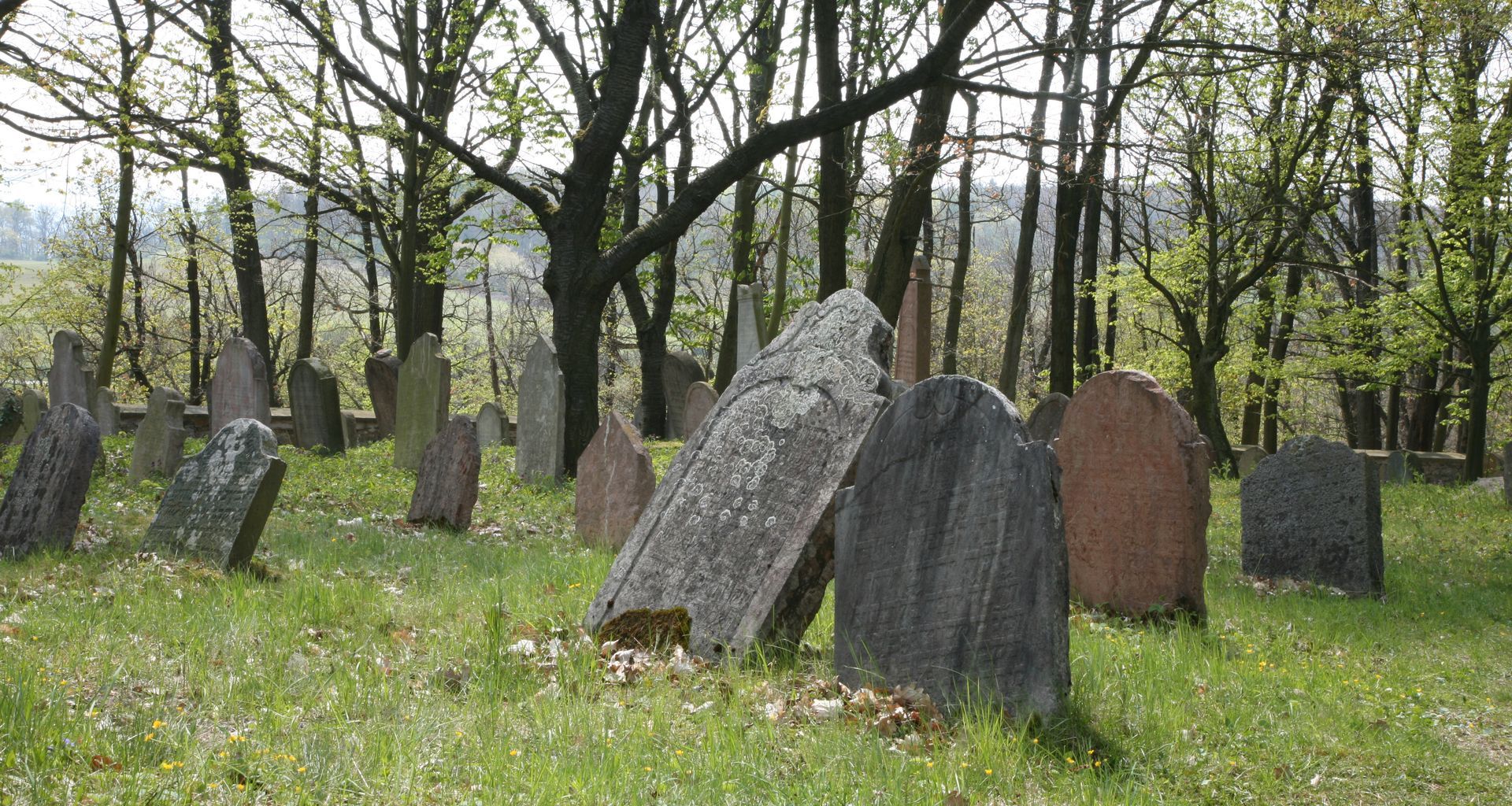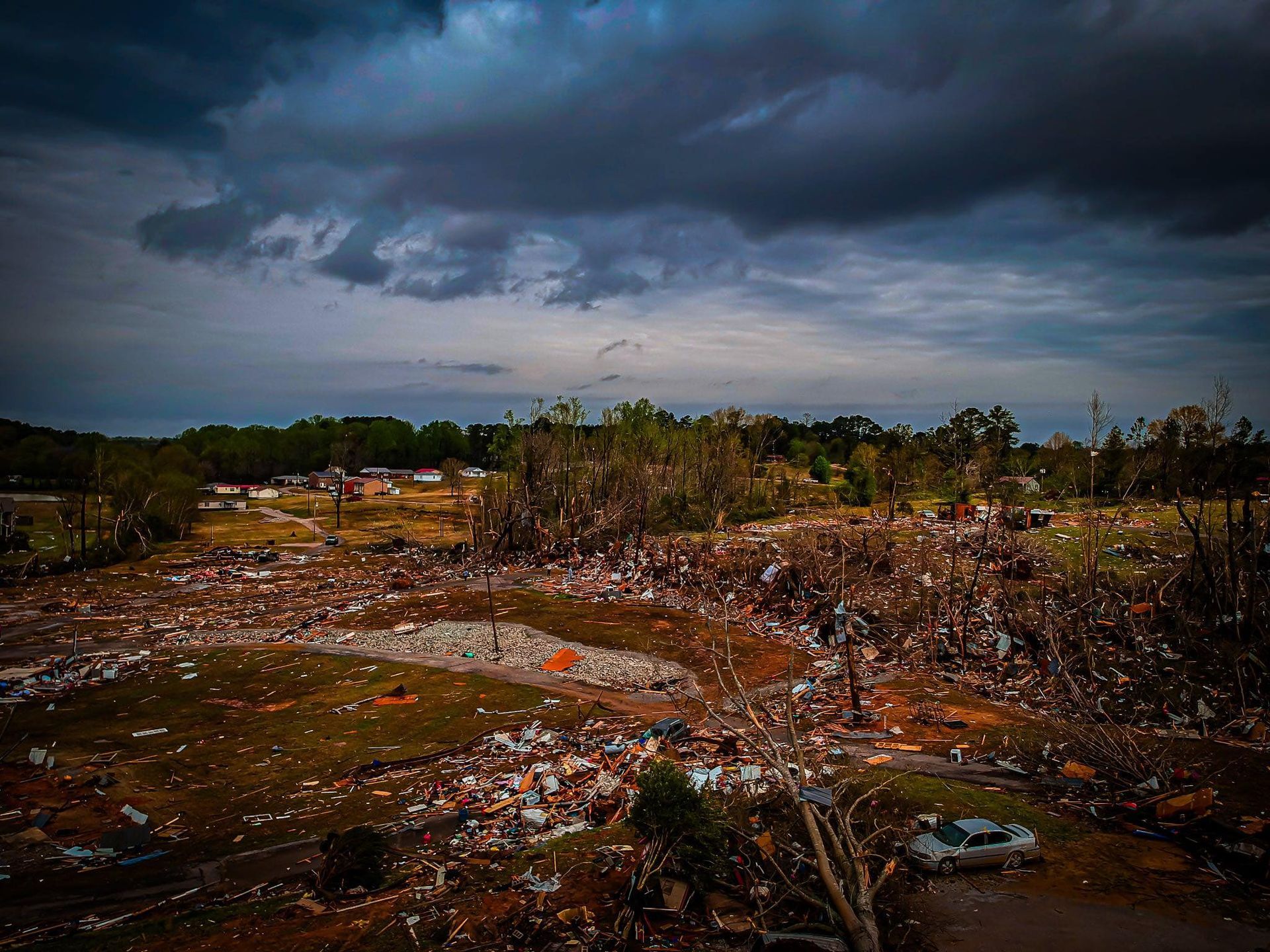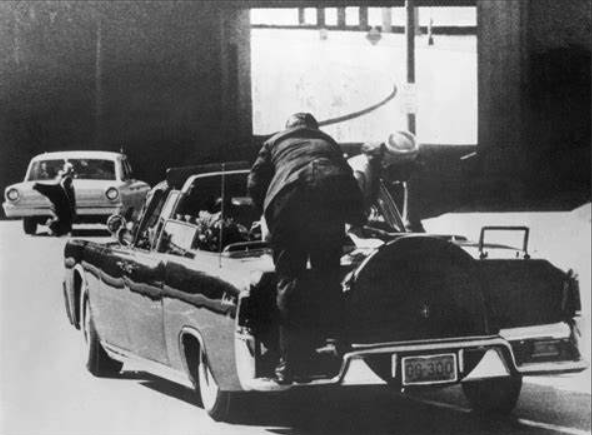In 1911, attorneys Floyd Estill and G.H. Newman stood before the Tennessee Supreme Court, defending their client, Walter Hines, who had been found guilty of a misdemeanor in the Circuit Court of Lincoln County, Tennessee.
Mr. Hines was the owner of property once held by William D. Crawford, a farmer who, more that 60 years before, had set aside an acre of land in one of his fields to be used as a family cemetery. Over the years that followed, several members, including Mr. Crawford, were buried in what became known as Crawford Cemetery, their graves marked with monuments reflective of the times in which they had lived and died. At Mr. Crawford’s death the farm, including the family burial ground, passed to his children and was eventually conveyed to Walter Hines, with no reference to the cemetery contained in the deed.
The question before the Circuit Court of Lincoln County, and then the State Supreme Court, was whether the descendants of William Crawford had the right to visit the family cemetery and to be buried in said cemetery, even though it was owned by a non-family member and considered private property. Judge Ewin L. Davis of Lincoln County said yes. The State Supreme Court upheld his decision, noting that once a cemetery, always a cemetery, as long it met the following criteria:
“The right to use a private burial ground as such is not barred by the statute of limitations, so long as it is kept inclosed (sic); or, if uninclosed (sic), so long as the monuments and gravestones marking the graves are there, or other attention is given to the graves, so as to show and perpetuate the sacred object and purpose to which the land has been devoted . . .”
So, how does a judgement upheld in 1911 impact us today? That’s an excellent question, especially since the laws of the state read somewhat differently from the 1911 decision. While the court said the presence of the cemetery did not have to be referenced in the property’s deed for the owner to be held responsible, the current law states “A deed for real property which indicates the presence of a gravesite or crypt containing human remains on the property conveyed obligates the immediate and future buyer(s) of the property to protect such gravesite or crypt from disturbance.” Under the court’s ruling, whether or not a private family cemetery is mentioned in the deed, the property owner is required to acknowledge and protect one if they know of, or there is evidence of, its existence. And although current law assigns responsibility to a property owner when the deed references the presence of a burial ground, it does not expressly relieve the property owner of that responsibility when the deed makes no mention of a cemetery.
And why, you may ask, are you being afflicted with legal history today? Because people still wish to bury on their own property, which they have the legal right to do in Tennessee unless the area in which their property is located has regulations which prevent it. Although we try to tell people that property will someday sell, many of them deny this will ever happen, believing it will stay in their family forever. But nothing is forever, and as mobile as our society has become, connections to a particular spot of ground grow weaker as the generations come and go. And now it seems there may be another reason to reconsider burials in the back yard.
According to the 1911 court case, the descendants of the owners who began the private family cemetery will have the right to enter your property, whether or not you want them to, and can demand to be buried there. And according to Hines v. State, you cannot deny them those rights. You may absolutely despise them, distrust them, or simply be a hermit who wants nothing more than to be left alone, but you will be legally required to allow them access to the graves—not your entire property, but just the area used for burials—and the right to enter and exit at reasonable times. Failure to do so, according to the court’s ruling, is a misdemeanor and subject to the penalties outlined in the law.
Of course, a great deal can happen in 112 years, which means other court cases could have altered or even reversed the decision in Hines v. State; however, that case is still referenced on the Tennessee Historical Commission’s website under “Guidelines, Laws, and Frequently Asked Questions”. So, what’s the moral to the story? If you plan on starting a private family cemetery it’s fine to check with the funeral home, but you also need to contact an attorney familiar with death care and cemetery laws in the state where you reside. And in Tennessee, you best be sure there are no ongoing or possible future family feuds that might make you regret your decision.
About the author: Lisa Shackelford Thomas is a fourth generation member of a family that’s been in funeral service since 1926. She has been employed at Shackelford Funeral Directors in Savannah, Tennessee for over 40 years and currently serves as the manager there. Any opinions expressed here are hers and hers alone, and may or may not reflect the opinions of other Shackelford family members or staff.













